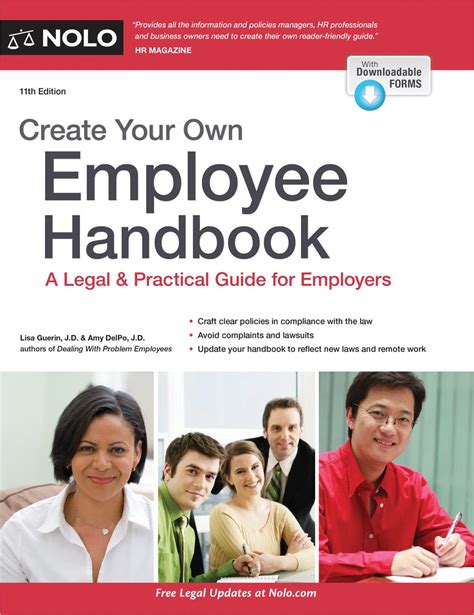Navigating the complexities of family law can be daunting, but understanding your rights and obligations is crucial for making informed decisions. Our Essential Guide to Family Legal Help provides expert tips and advice to simplify this process. From grasping the basics of family law and managing essential legal documents to handling divorce, child custody, and adoption, this guide covers key aspects that impact your family’s future. We also explore estate planning and the choice between mediation and litigation. With practical insights and resources for finding professional legal assistance, this guide empowers you to address family legal matters with confidence and clarity.
Join bzcat.xyz for a detailed examination of this topic.
1. Understanding Family Law Basics
Family law deals with the legal aspects of family relationships, covering topics such as marriage, divorce, child custody, and adoption. A fundamental understanding of family law is crucial for successfully navigating these intricate situations. In essence, family law focuses on the rights and duties of individuals within families, striving to safeguard the well-being of all parties, particularly children.
Family law encompasses a range of critical areas, including marriage and divorce. Legal requirements and procedures play a vital role in these matters, ensuring fair settlements and equitable division of assets. Child custody and support involve meticulous legal considerations to safeguard the well-being of children and prioritize their best interests. Adoption laws are designed to protect the rights of both the child and adoptive parents, providing a legal framework for establishing new family relationships.
Furthermore, family law frequently overlaps with estate planning, guiding the distribution of assets among family members upon death. Grasping these principles empowers you to make well-informed choices and seek qualified legal counsel, ensuring that your family’s legal affairs are managed with precision and expertise.
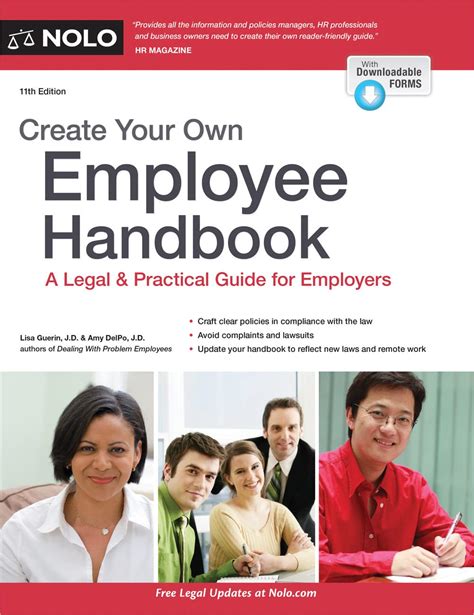
2. Key Legal Documents and Their Importance
Legal documents are essential for navigating family law issues, providing clarity and legal force to rights and responsibilities. Prenuptial and postnuptial agreements are crucial, as they establish financial and property arrangements before or during marriage, minimizing potential disputes if the relationship dissolves. Divorce decrees and separation agreements formalize the terms of a divorce, including asset division and spousal support, ensuring a structured and legally binding outcome.
Custody agreements and child support orders bring clarity to parenting responsibilities and financial support obligations in child custody and support cases. In adoption cases, adoption decrees legally solidify the parent-child relationship and establish legal rights for adoptive parents.
Wills and trusts, essential estate planning documents, clearly define how your assets will be distributed after your passing, ensuring your family is cared for according to your wishes. Properly executed legal documents safeguard your interests and minimize potential legal disputes, providing both you and your loved ones with peace of mind.

3. Navigating Divorce and Separation
Divorce and separation require navigating both legal procedures and emotional complexities. The initial step is filing a divorce petition, formally initiating the legal process and outlining the reasons for the divorce. Following this, both parties must address key matters such as asset division, spousal support, and child custody through negotiation or mediation.
Separations can also be formalized with a separation agreement. This document outlines the terms of living arrangements, financial support, and child responsibilities while the divorce proceedings are ongoing. Mediation can be a valuable resource, enabling couples to reach mutually agreeable terms without resorting to court proceedings.
If mediation fails to resolve a dispute, legal action may be required. It is essential to fully understand your rights and responsibilities throughout any litigation process and to seek legal counsel for guidance. By effectively managing these aspects, all parties involved can achieve a smoother transition and a more just outcome.
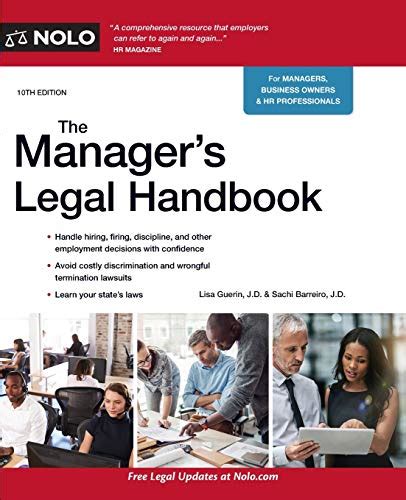
4. Child Custody and Support Considerations
Family law centers on ensuring the well-being and stability of children during and after separation or divorce. Central to this are considerations of child custody and support. Custody arrangements determine the child’s living arrangements and who has decision-making authority regarding their upbringing. Two primary custody types exist: physical custody, which addresses the child’s residence, and legal custody, encompassing decisions about education, health, and overall welfare.
Courts prioritize the child’s best interests when making custody decisions. They carefully consider various factors, including each parent’s living environment, financial capacity to support the child, and the child’s bond with each parent. Joint custody arrangements, where both parents share parenting responsibilities, are often preferred if they align with the child’s well-being.
Child support refers to the financial assistance one parent provides to the other to cover the child’s essential living costs. These expenses encompass housing, education, and healthcare. The calculation of child support is usually determined by each parent’s income and the specific requirements of the child. Accurate and equitable support arrangements guarantee that the child’s needs are fulfilled and provide financial security during family transitions.
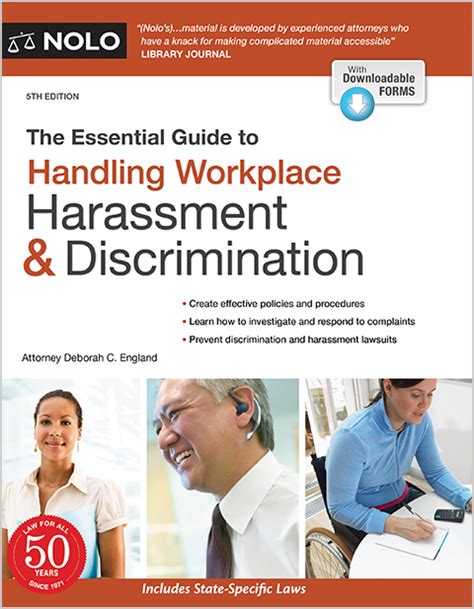
5. Legal Rights and Responsibilities in Adoption
The legal framework surrounding adoption is essential for ensuring a fair and just process. This framework protects the interests of everyone involved, particularly the child. Adoption legally transfers parental rights and responsibilities from the birth parents or guardians to the adoptive parents, establishing a new, legally recognized family relationship.
Adoptive parents gain the same legal rights and responsibilities as biological parents, including the duty to provide care, support, and make decisions regarding the child’s upbringing. They are responsible for ensuring the child’s well-being and fulfilling their legal obligations, such as providing for the child’s education, health care, and general welfare.
Birth parents who choose adoption must relinquish their parental rights, formally giving up their legal responsibilities and authority over the child. This decision should be made thoughtfully, with complete understanding of its implications. Informed consent is essential to ensure birth parents fully comprehend the permanent nature of this step.
Adoptive parents should also be aware of their rights, including the right to a legal and binding adoption decree that formalizes their parental status. This legal document ensures that the adoption is recognized by the court and provides a clear and permanent legal relationship between the adoptive parents and the child. Proper legal guidance throughout the adoption process helps secure a smooth transition and protects all parties involved.
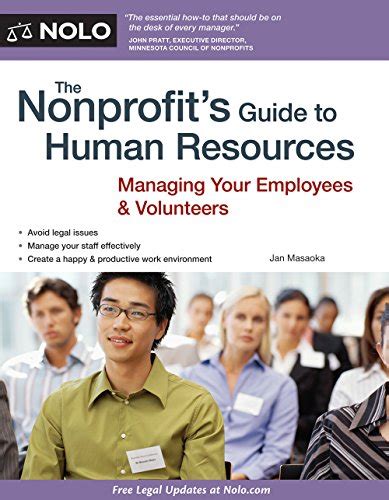
6. Estate Planning and Wills for Families
Estate planning and wills are crucial for ensuring your family’s financial and personal affairs are handled according to your wishes after you pass away. A well-designed estate plan clarifies how your assets will be distributed, reduces the likelihood of disputes among family members, and guarantees your loved ones are cared for in the manner you intend.
A will is a crucial component of estate planning. It serves as a roadmap, outlining how you wish to distribute your property, assets, and possessions among your chosen beneficiaries. A will also allows you to appoint guardians for any minor children, guaranteeing their well-being and providing them with stability. Without a will, the distribution of your estate will be governed by state laws, which may not reflect your desired intentions.
Beyond a will, estate planning encompasses tools like trusts. Trusts offer a means to manage and safeguard assets during your lifetime, ensuring their distribution aligns with your wishes after your passing. Their advantages include bypassing probate, minimizing estate taxes, and shielding assets from potential creditors.
It is essential to regularly review and update your estate plan, particularly following significant life changes such as marriage, divorce, or the arrival of children. Comprehensive estate planning guarantees that your wishes are carried out, your family receives the necessary support, and your assets are managed effectively. This process provides peace of mind for you and your loved ones.
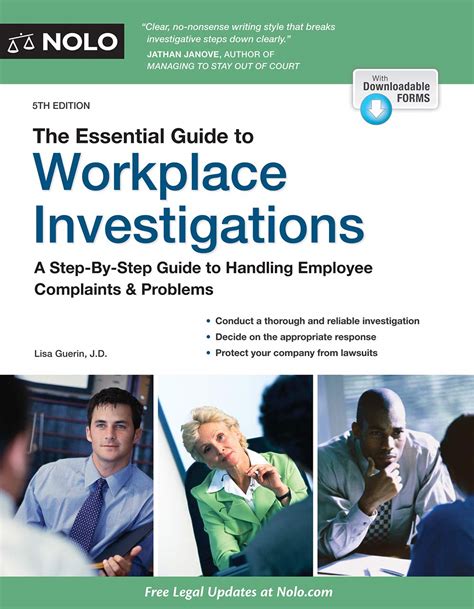
7. Mediation vs. Litigation: Which is Right for You?
The decision to pursue mediation or litigation hinges on the unique circumstances of each situation and the specific legal issues involved. Mediation, a collaborative process facilitated by a neutral third party, the mediator, aims to guide disputing parties towards a mutually agreeable resolution. Often seen as a less confrontational and cost-effective alternative to litigation, mediation offers greater flexibility, allowing parties to tailor solutions to their specific needs. This can be especially advantageous in family law cases, where maintaining ongoing relationships, such as child custody arrangements, is crucial.
Litigation, however, entails bringing the dispute before a court, where a judge or jury issues a binding decision based on the evidence presented. This formal process, while more time-consuming and costly, may be necessary when parties are unable to reach a settlement through mediation. Litigation offers a structured framework with procedural safeguards and an enforceable resolution.
The decision to pursue mediation or litigation should be carefully considered, taking into account factors such as the intricacies of the issues, the parties’ willingness to compromise, and the necessity for a legally enforceable outcome. Seeking legal counsel can provide valuable insight and guidance, helping you determine the most suitable path forward and ensuring your interests are adequately represented and safeguarded.
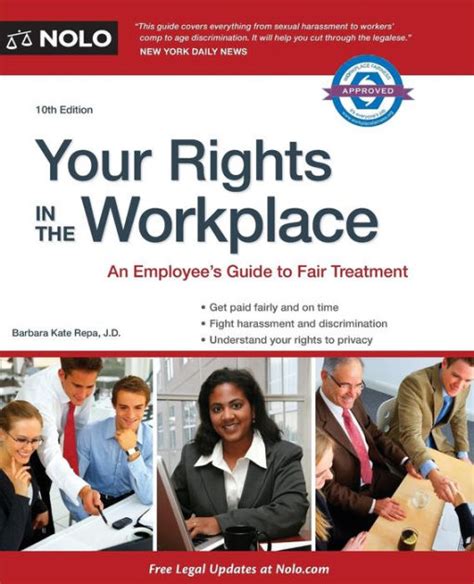
8. Resources for Finding and Working w
Finding and working with the right legal professionals is crucial for effectively navigating family legal matters. Start by seeking recommendations from trusted sources, such as friends, family, or other professionals who have had positive experiences with family law attorneys. Online directories and legal referral services can also provide a list of qualified lawyers specializing in family law.
When selecting an attorney, consider their experience, reputation, and areas of expertise. Schedule consultations to discuss your case and evaluate their approach, communication style, and fees. Many attorneys offer initial consultations at no charge, allowing you to assess whether they are a good fit for your needs.
In addition to attorneys, other resources include legal aid organizations and family law clinics, which can offer support and guidance, particularly if you have limited financial resources. These organizations often provide free or low-cost services, including legal advice and representation.
Utilize online resources such as legal information websites and forums to gain insights into family law issues and understand common procedures. However, ensure that you verify the credibility of the information and consult with a legal professional for personalized advice.
By carefully selecting legal resources and professionals, you can better manage family legal issues and work towards resolutions that align with your interests and needs.
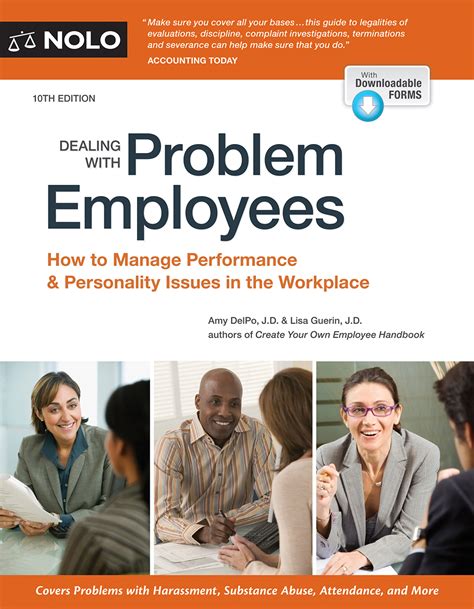
Navigating family legal matters requires a clear understanding of the laws, key documents, and available resources. By grasping the basics of family law, addressing custody and support, and choosing the right legal processes, you can make informed decisions and protect your family’s interests. Utilize expert advice and resources to handle these complex issues with confidence, ensuring the best outcomes for you and your loved ones.
bzcat.xyz
